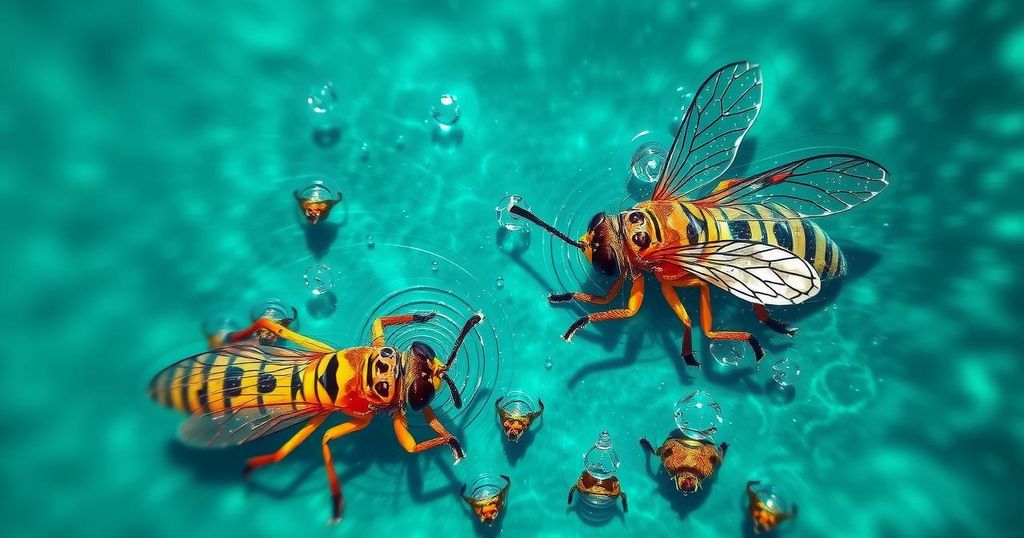Project 99: Enhancing Biological Risk Assessment in Seychelles and Kenya

Project 99, a collaborative effort between Seychelles and Kenya, aims to develop a national biological risk assessment tool to improve public health preparedness. Experts from various sectors are gathering to identify potential biological threats and devise strategies to address them effectively. This initiative emphasizes the interconnected nature of health risks and prepares participants for emerging biological challenges over the coming years.
In a significant step towards enhancing public health preparedness in the region, experts from Seychelles and Kenya are collaborating on the development of a national biological risk assessment tool. This initiative is part of Project 99, funded by the European Union, which aims to build capacity and ensure effective management of biological incidents in Eastern and Central Africa. The project involves a five-day workshop convened at the Savoy Resort and Spa in Victoria, Seychelles, attended by thirty specialists from sectors including health and agriculture.
The workshop focuses on identifying potential biological risks over the next five years, addressing scenarios such as zoonotic diseases that pose threats to human health. Dr. Jimmy Melanie from Seychelles stated, “This training will help us map our risks, as we can see there is so much development happening that risks can be chemical or radiology or even biological.” This reflects a proactive approach, equipping health professionals with the necessary tools to respond effectively to biological incidents.
Additionally, the focus extends to assessing toxins from plants and pathogens that could adversely impact public health. The experts are not only reviewing current risks but are also determining potential future threats, including pandemics. “Probably one scenario will be what is the likelihood of a pandemic happening in the next five years and what will be the impacts for the Seychelles and Kenya,” noted Joris Sprokholt, a key expert in the Project 99 team. The training, which follows a session held in Nairobi, Kenya, also emphasizes a ‘one health perspective,’ recognizing the interconnectedness of human, animal, and environmental health.
The development of a biological risk assessment tool is essential for enhancing public health readiness in Seychelles and Kenya. Project 99, supported by the European Union, aims to address biological threats and improve response mechanisms through capacity building and collaborative efforts among member countries. By recognizing the intricate ties between health systems and biological risks, the initiative takes a comprehensive approach to prepare for and mitigate the effects of potential biological incidents. The workshops serve as a platform for knowledge sharing and resource development among experts across various fields.
In conclusion, Project 99 represents a crucial collaboration between Seychelles and Kenya aimed at bolstering biological risk assessment and management. Through expert workshops focused on identifying and evaluating potential biological threats, this initiative is poised to enhance regional public health frameworks. The emphasis on a coordinated response, encompassing human, animal, and environmental health, underscores the project’s commitment to comprehensive preparedness and resilience against future biological incidents.
Original Source: www.seychellesnewsagency.com






